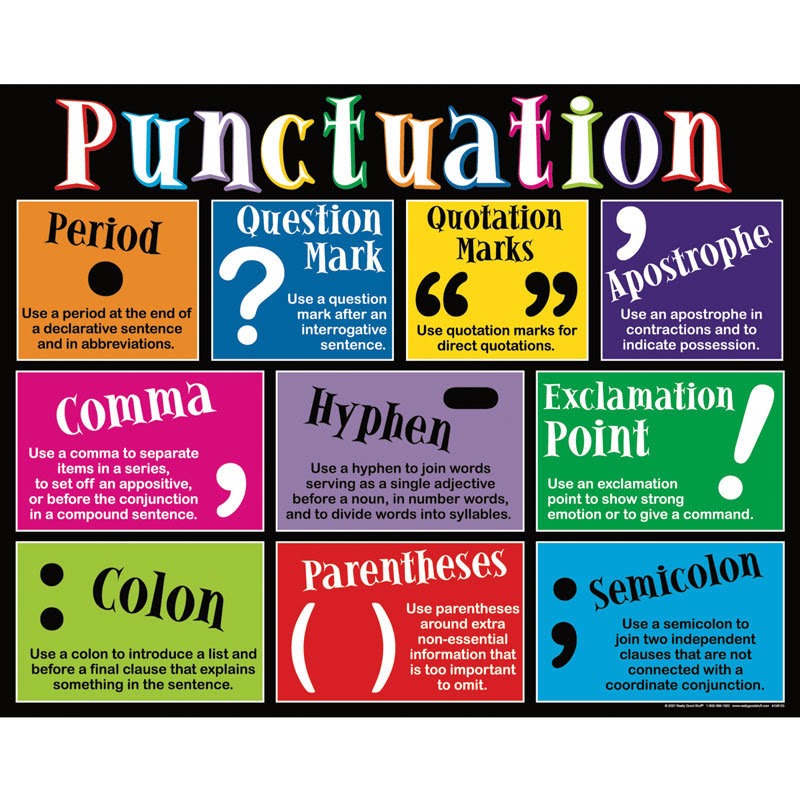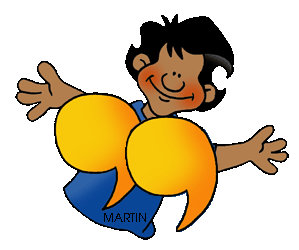SOCIAL STUDIES 1051
2- Amerigo Vespucci was a European explorer.
3- Circumference means the distance around a circle.
4- Circumnavigate means to sail allthe way around.
5- Declare means to say or announce.
6- Encounter means to neet unexpectedly.
7- Exact meand without any mistakes.
8- Exist means to have being.
9- Expedition means a journey taken for a special reason.
10- Ferdinand Magellan was an explorer.
11- Fleet means a group of ship sailing together.
12- Historical means known to be true of history.
13- Landmass means a large amount of land all together
14- Occur means to happen.
15- Portugal is a European country touching Spain.
16- Prove means to show that something is true.
17- Realize means to understand.
18- Route menas the way to a place.
19- Strait means a narrow passage of water.
20- Voyage means a trip by water.





.png)
.png)
.png)
.png)





















